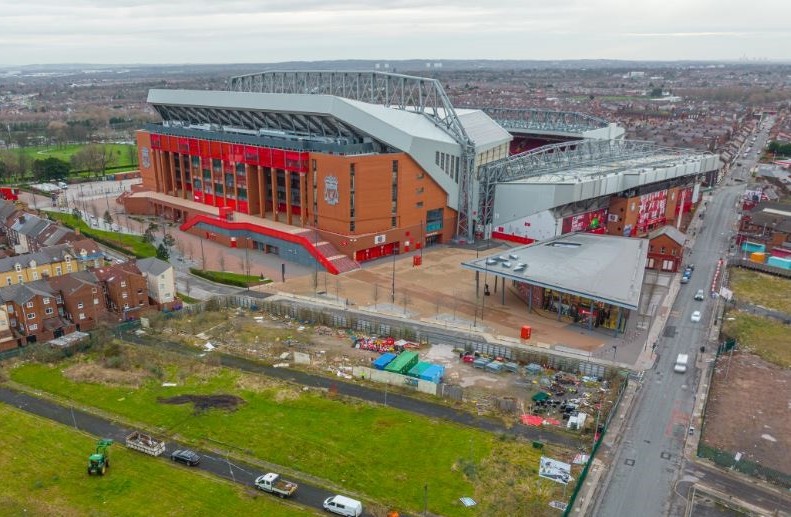
Business
Liverpool leaders lobby for change in Business Rates system to support local companies
1 year ago
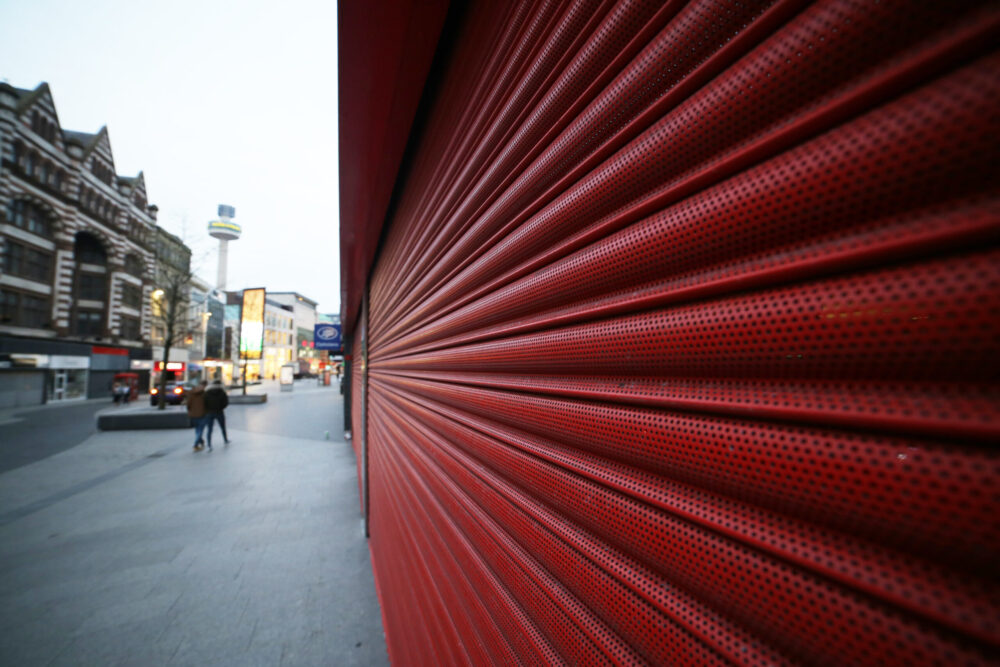
A commitment to review and reform business rates would unlock the growth and vibrancy of high streets and city centres, says a Liverpool Business Leader.
The archaic tax model is holding back investment, argues the CEO of Liverpool BID Company and in 2025, without reform, there could be real damage done to city centre businesses.
With the Labour Government’s first, crucial, Budget approaching on 30th October, Liverpool BID Company’s CEO, Bill Addy, who represents over 800 levy paying businesses in the city, argues that the archaic Business Rates model is holding back investment and growth in city centres, tilting the balance in favour of online retail and hindering innovation in the public realm.
And a ticking time bomb of tax increases could harm those who have struggled most significantly post covid, most notably hospitality and smaller retail businesses. From April next year, over 252,000 shops, cafes, pubs, restaurants, and venues like bowling alleys could face a significant rise in property tax as a 75% relief scheme, capped at £110,000, is set to end. Without urgent action, many firms could close their doors.
Bill Addy said:
“We should be giving business a reason to invest in our city centre communities and on our high streets, not inject them with fear that it is an unaffordable business model”,
“Businesses across different sectors, from retail to leisure and culture, constantly tell us that the Business Rates system is not fit for purpose. Without reform we could see an increase in vacancy rates, a lack of investment and a move away from the vibrant and populated city centres we have worked so hard in our cities to achieve”.
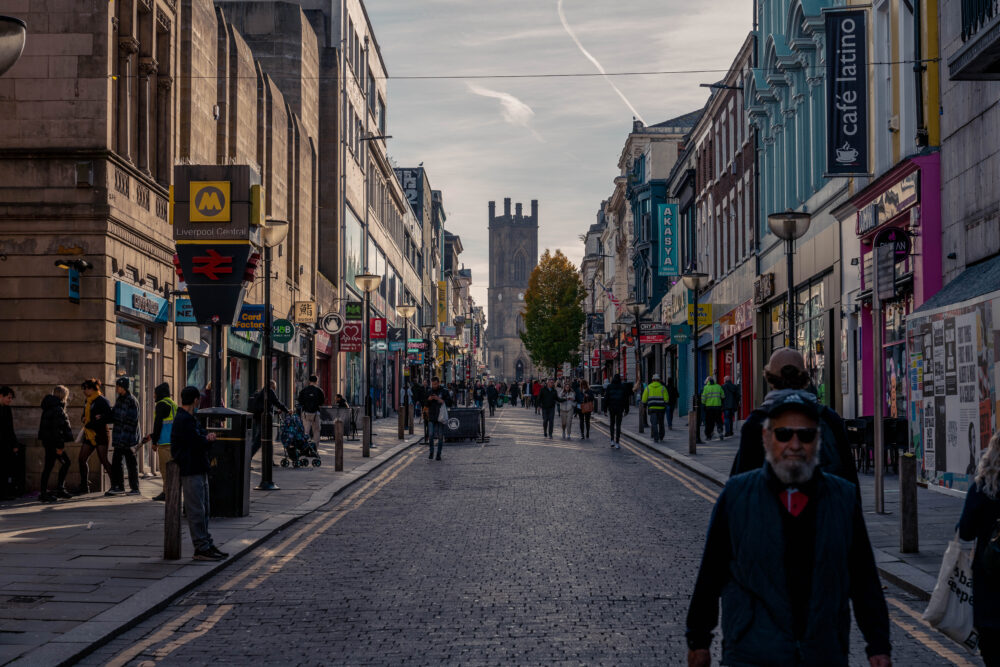
Liverpool’s vacancy rate is consistently lower than the national average, the work, Addy argues, of a city centre and partners committed to creating a mixed use centre that delivers what visitors want, marrying retail, leisure, culture and hospitality.
“Liverpool city centre and its high streets are a vital ingredient in this city’s reputation as a visitor destination. The warmth of our welcome and the breadth of our offer helps us stand out from other cities. Our vibrant city centre streets, from Castle Street and Bold Street, have become destinations in their own right. They survive and thrive, particularly post Covid, because of a commitment and determination from our business owners. But we should make this easier, not harder, to achieve”.
“In truth, the growth and success of cities like Liverpool has been delivered despite government policy, not because of it. The tide has to turn in favour of our high streets if we are to have a positive and ambitious vision for the future”.
“The retail sector currently pays 7.3% (around £33bn) of all business taxes. A fifth of that is business rates. This is an unfair burden that, frankly, other industries wouldn’t be expected to weather with an unfair system.”
Three Steps to Business Rates reform:
- A fundamental review and reform, removing the disincentive on bricks and mortar investment
- Commitment not to return to pre-covid business rates and maintain the cap or see widespread high street closures
- Commitment to investment and local growth plans, working with local partners like BIDs to regularly hear from small business and those looking to invest on high streets and city centres for the login term




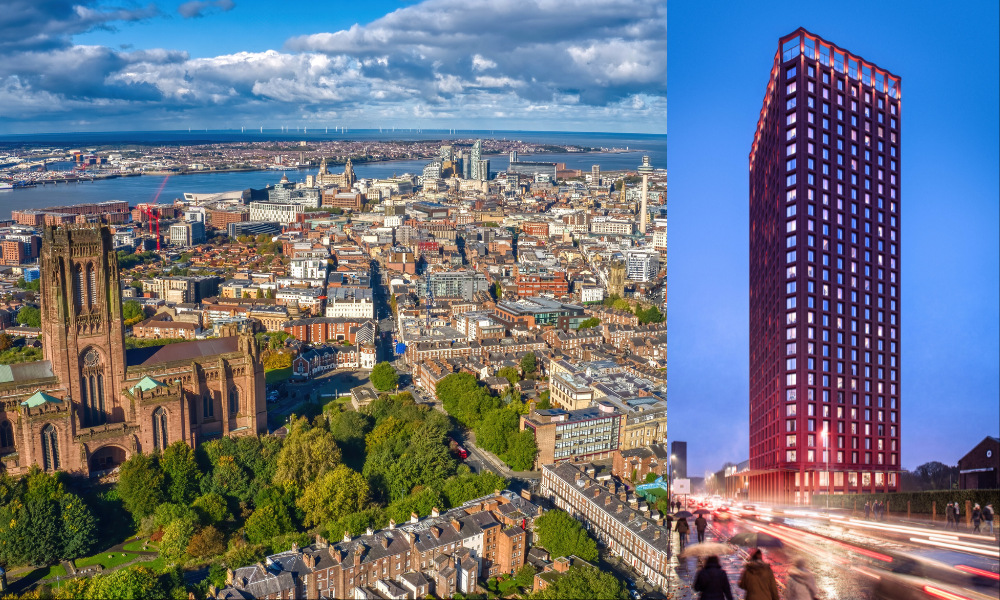

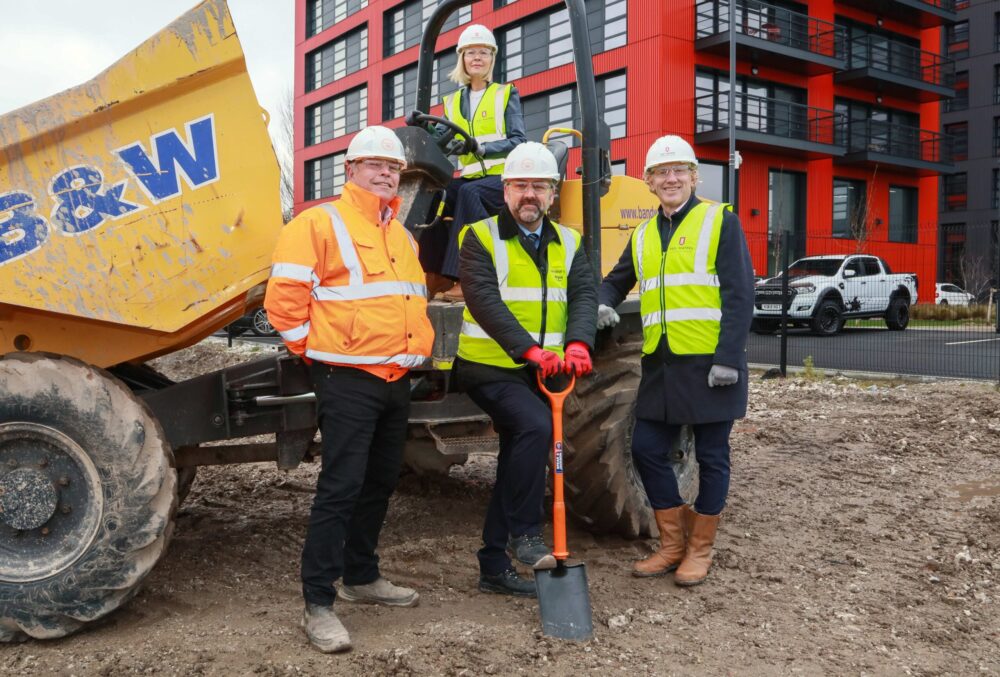




 Subscribe
Subscribe Follow Us
Follow Us Follow Us
Follow Us Follow Us
Follow Us Follow Us
Follow Us











